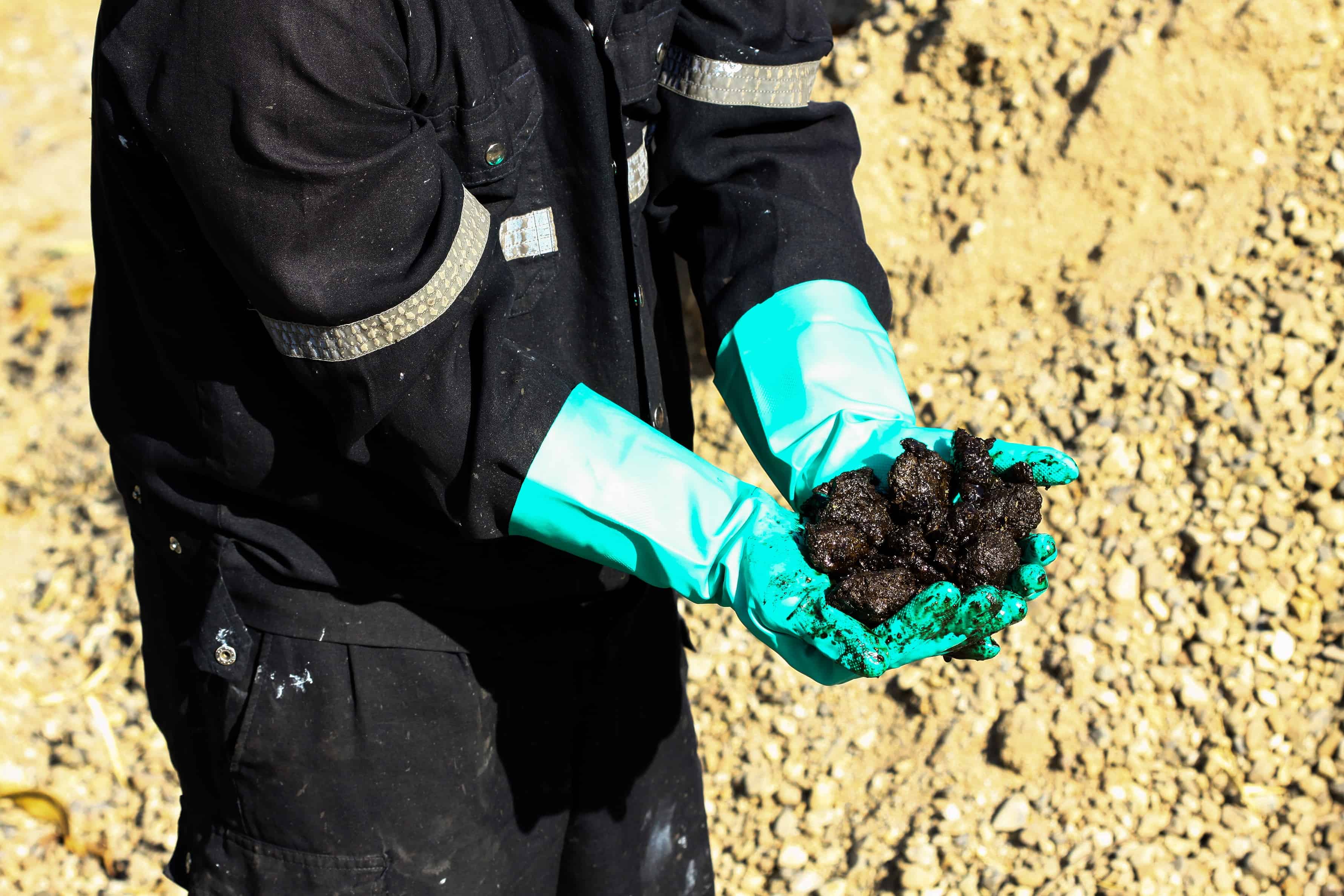Suncor Energy Inc. (TSX:SU)(NYSE:SU) is Canada’s largest integrated energy company focused on the development of one of the world’s largest oil basins — the Athabasca oil sands.
Today, Suncor’s oil sands assets make up 6.9 billion of the company’s 7.7 billion barrels of oil reserves and 18.8 billion of the company’s total 23.2 billion barrels of contingent resources, meaning that the fate of Suncor essentially lives and dies with the prosperity of the oil sands.
Oil sands deposits typically require more investment to recover bitumen from the ground. Companies like Suncor that operate in the space require a higher oil price to break even.
Suncor has strategically addressed this problem by developing an impressive downstream network, including four refineries with a combined capacity of 460,000 barrels per day in addition to 1,500 retail businesses that sell refined petroleum products like gasoline and diesel.
Essentially, when oil prices are low, the company’s upstream business receives less money for its sale of crude products; however, at the same time, the downstream refining businesses will benefit from a lower price of crude as an input cost.
This has helped Suncor to weather the latest downturn in oil prices. While many Canadian oil producers were forced to cut or even suspended their dividend in recent years, Suncor has steadfastly maintained its payout throughout the turmoil.
In fact, the company has never cut the payout since the company became publicly traded in 1992.
That’s an impressive record to say the least.
Over that 25-year period Suncor has averaged annual dividend increases of 12.7%. While logic would dictate that this pace would have slowed by today, that is not entirely true.
In February of this year, Suncor’s board of directors raised the annual dividend by another 10.3% to $1.32 per share.
However, analysts are expecting 2017 earnings of just $1.38 per share, giving the company a payout ratio of 96%. This doesn’t exactly give Suncor a lot of wiggle room for another significant dividend hike in the near future.
While expectations are for earnings per share to increase by 17% in 2018, this would still leave the company with a payout ratio of 82%. What’s more, if these expectations are realized, the company would have an ROE of only 6%.
Combined, the 82% payout ratio and 6% ROE imply the company’s sustainable rate of dividend increases to be just 5%. That’s a far cry from the historical pace of 12.7% per year and about half the pace of this year’s dividend hike.
Should you buy?
When Warren Buffett famously bought a $500 million stake in Suncor in 2013, it was under a much different pretense than the current environment of the oil patch. With persistently lower oil prices, it will be a while before Suncor earns a return above the company’s cost of capital again.
Make no mistake about it: Suncor is a much different company today than in years past. While some investors may still favour the long-term value of Suncor’s assets, there are better opportunities available in the market today for the dividend-growth or income investor.










